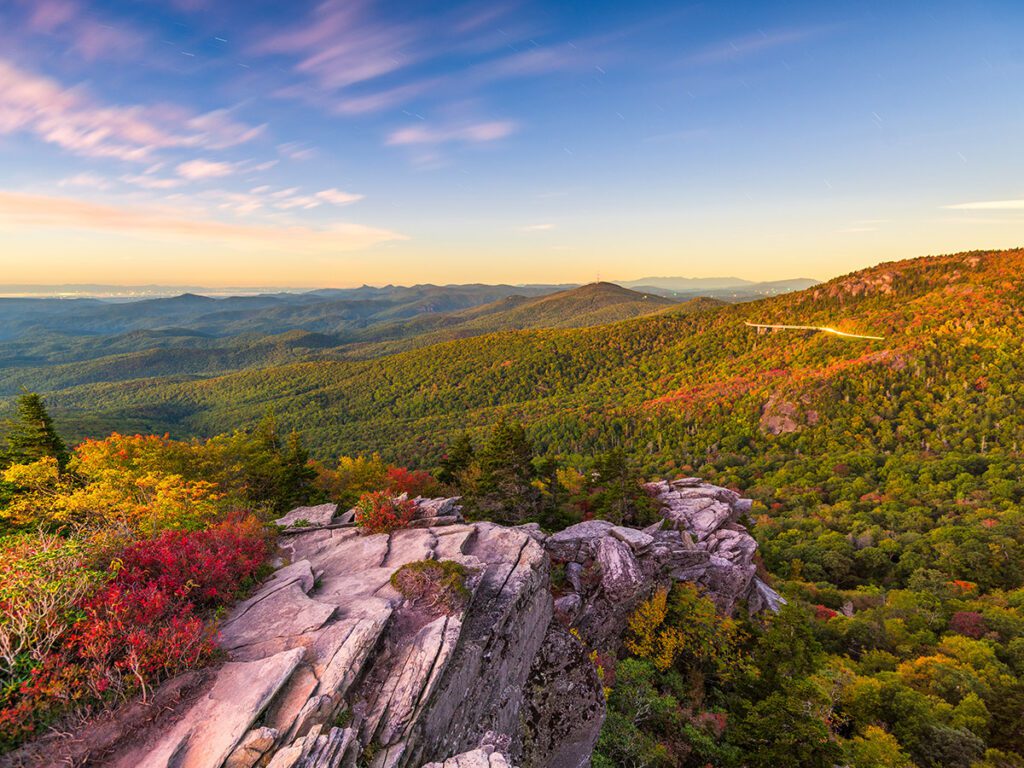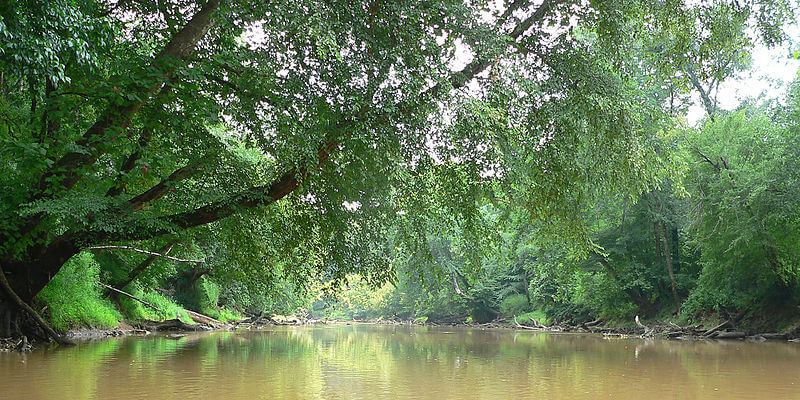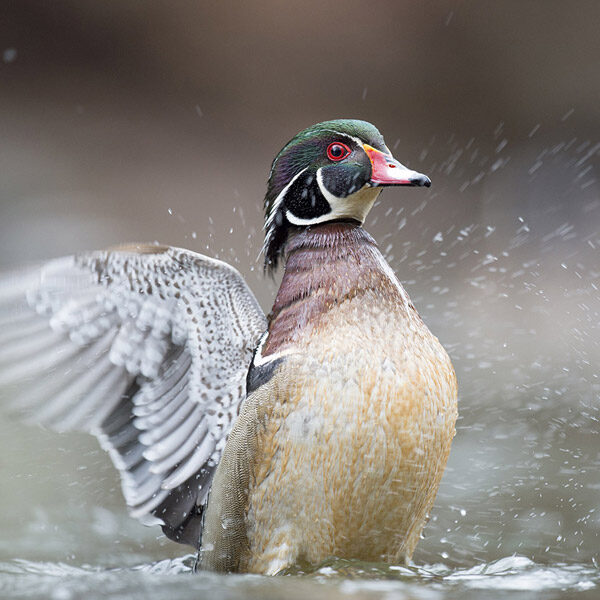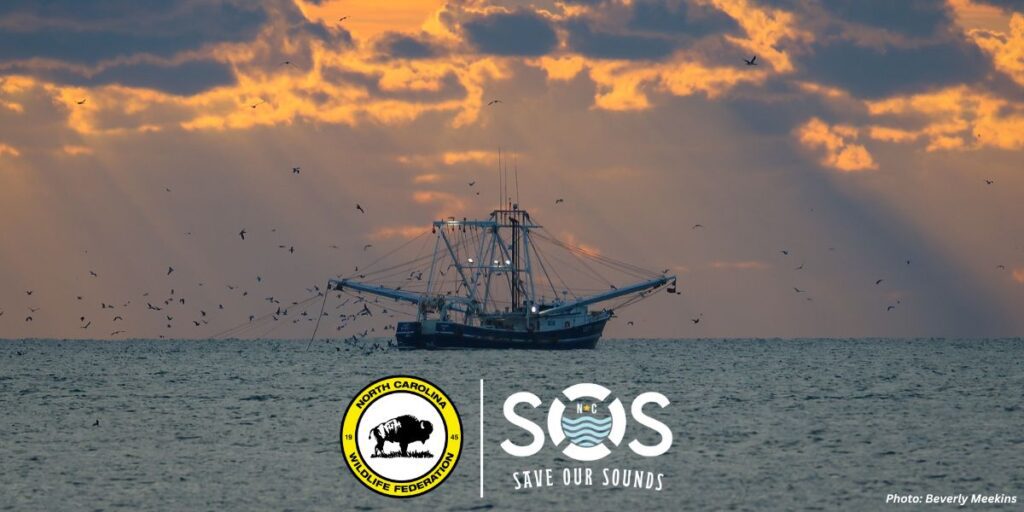Climate Resiliency in North Carolina
The Problem
Climate Change is Stressing Wildlife and Their Habitats
Climate change is intensifying existing stresses on wildlife and their habitats and amplifying natural hazards that threaten people and property across North Carolina, especially our coastal areas.
Its impacts include increasingly powerful storms, flooding, wetland degradation, rising sea levels, threats to water quality, and loss of species and habitat. Without action, duck breeding grounds could dry up, parasites could decimate deer populations, and streams could become too warm for trout.
In communities across the state, failing and outdated infrastructure is unable to handle the large volumes of stormwater produced by growing populations in urbanized areas. Extreme weather events, like hurricanes and flash floods, pose serious runoff problems for community stormwater systems, particularly in urban areas. The resulting overflows produce sewage backups that contaminate aquatic ecosystems.
The Solution
Nature Based Solutions for Climate Resiliency
NCWF supports nature-based solutions to aid in bolstering our resilience to climate change and the storms that come with it. Our approaches support and prepare for the impacts of climate change in ways that help people, wildlife and habitats. We’re working to curb carbon pollution, support climate resiliency measures, and safeguard wildlife habitats against climate change so species can adapt and thrive in a changing world.
What We're Doing
Outcomes and Impact of Our Climate Resiliency Work
By transitioning to cleaner sources of energy and changing agricultural and forestry practices, we can slow climate change and benefit wildlife. Through our policy work we’re:
- Promoting porous surfaces such as greenways, parks and rain gardens to help curb stormwater runoff and provide wildlife habitat and outdoor recreation opportunities.
- Working to ensure land uses and natural ecosystems sequester and store carbon.
- Opposing offshore drilling and seismic testing off the NC and Atlantic coast.
- Opposing new development of fossil fuel extraction on public lands.
- Supporting development of wildlife-friendly energy such as solar, wind, thermal and hydropower.
- Preserving and restoring coastal wetlands by retaining floodwaters, providing a buffer from storm surge, and limiting erosion to help communities better prepare for climate impacts.
Recent News
Upcoming Events
Join the Cause and Make an Impact
Help NCWF preserve wildlife and wild places for our children and future generations. Learn More.





